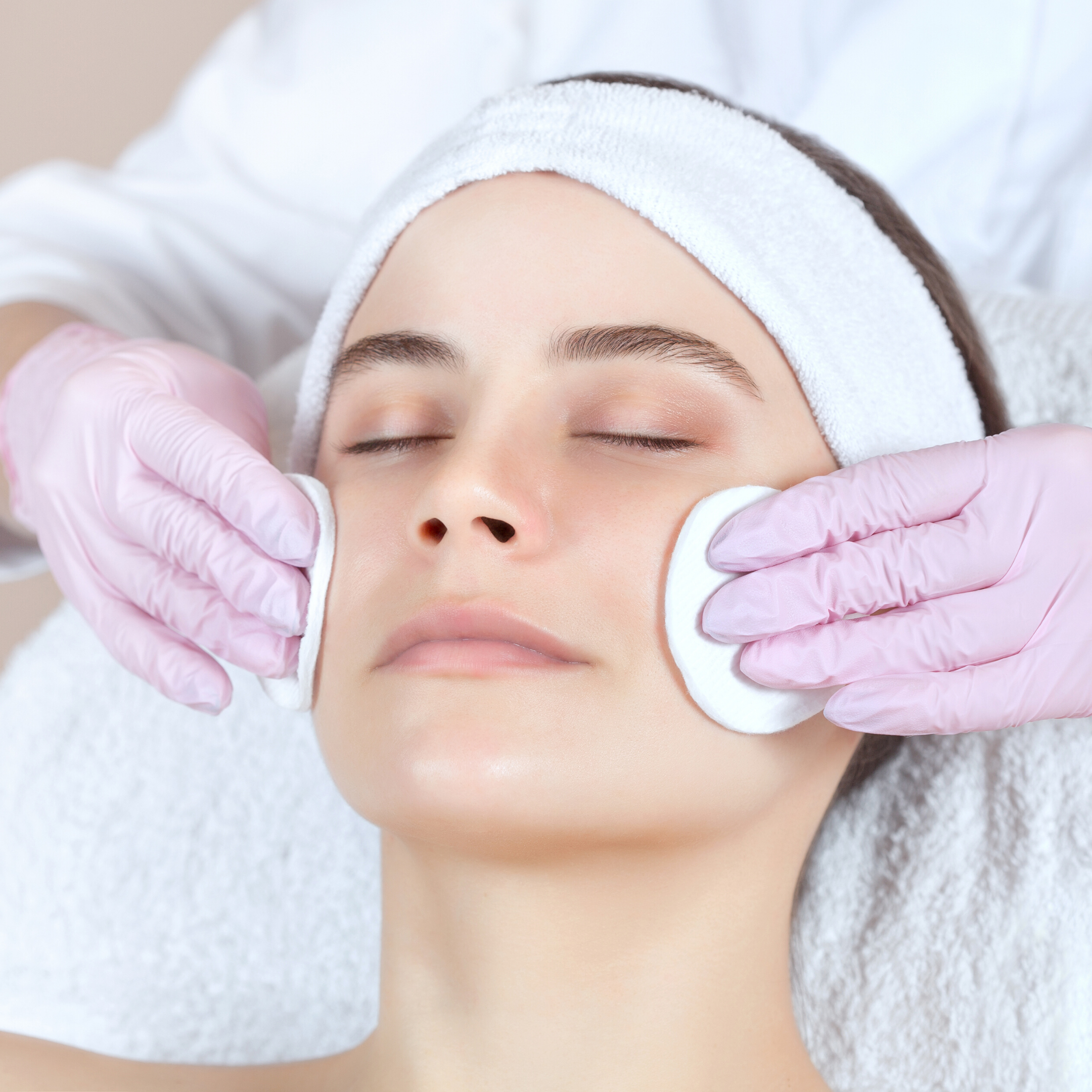Dealing with sporadic outbreaks of facial redness, particularly around the cheeks, nose, and occasionally the chin and forehead, can be unpleasant. To compound matters, this type of redness is often highly reactive, easily inflamed by even minor stimuli, and may even result in the formation of bumps.
Inflammation and redness of the skin can be caused by a variety of factors, including sunburn, acne, allergic reactions, and skin infections. Inflammation is the body's natural response to injury or infection, but it can also cause discomfort and damage to the skin. Fortunately, there are several steps you can take to manage inflammation and redness of the skin.
The root cause can frequently be attributed to skin disorders such as rosacea, psoriasis, and eczema. On lighter skin, these disorders may manifest as a pink or red discoloration, while on skin with higher melanin levels, they may appear as dark, patchy areas. If you suspect that you are experiencing any of these conditions, it is advisable to seek advice from a dermatologist regarding potential treatment options.
Firstly, it is important to identify the underlying cause of the inflammation and redness. If you are experiencing a sudden onset of symptoms or if the symptoms are severe, it may be best to consult with a dermatologist or healthcare provider. They can help identify the root cause and recommend the appropriate treatment.
If the cause of the inflammation and redness is mild and known, there are several steps you can take to manage the symptoms. One of the most important steps is to keep the affected area clean and dry. Washing the area gently with gentle soap, we recommend our Ultra Restore Cleanser and water can help remove any dirt or debris that may be contributing to the inflammation.
Another important step is to apply a topical treatment to the affected area. A hydrating treatment with ingredients such as hydrocortisone, aloe vera, or chamomile, can help soothe the skin and reduce inflammation. Our Peptide Quench Serum is perfect for this.
If the inflammation and redness are caused by sunburn, it is important to take steps to protect your skin from further damage. This may include avoiding prolonged sun exposure, wearing protective clothing, and applying sunscreen with a high SPF. Aloe vera gel or a cool compress can also help soothe the affected area.
It should be noted that individuals with darker skin, which contains more melanin, may not experience visible redness as a result of sun exposure. However, this does not mean that the skin is not being damaged. In place of visible redness, those with darker skin may experience sensations such as tightness and itchiness.
Gentle Routine For Inflamed Skin
If you have inflamed skin, it's important to use a gentle skincare routine that will not further irritate your skin. Here are some steps you can follow for a gentle routine for inflamed skin:
-
Cleanse gently: Use a gentle cleanser to avoid stripping your skin of its natural oils. Avoid scrubbing your skin or using hot water as these can further irritate your skin.
-
Soothe with a toner: After cleansing, use a gentle toner to help soothe your skin. Look for a toner containing ingredients like aloe vera, chamomile, or green tea, known for their calming properties.
-
Moisturize with a lightweight lotion: Use a lightweight, non-comedogenic lotion to provide your skin with hydration without clogging your pores. Use our Peptide Quench Moisturizer for hydration designed to soothe and calm the skin.
-
Protect with sunscreen: Use broad-spectrum sunscreen with an SPF of at least 30 to protect your skin from further damage. Look for a sunscreen that is specifically formulated for sensitive skin and does not contain any harsh chemicals.
-
Avoid harsh ingredients: Avoid using skincare products that contain harsh ingredients like alcohol, fragrances, and acids. These can further irritate your skin and exacerbate inflammation. It is a rule of thumb to stay away from such ingredients generally as they are prone to triggering inflamed skin
-
Be gentle when applying skincare products: When applying skincare products, use a gentle touch and avoid rubbing or tugging at your skin. Pat the products into your skin instead.
-
Stay hydrated: Drink plenty of water to keep your skin hydrated from the inside out. This can help improve the overall health of your skin and reduce inflammation.
Finally, if the inflammation and redness persist or worsen despite these measures, it may be necessary to consult with a dermatologist or healthcare provider. They can help determine if an underlying medical condition may contribute to the symptoms, and recommend the appropriate treatment.
In summary, managing inflammation and redness of the skin involves identifying the underlying cause, keeping the affected area clean and dry, applying topical treatments, protecting the skin from further damage, making lifestyle changes, and seeking medical attention if necessary. By taking these steps, you can help reduce inflammation and redness of the skin and support healthy, radiant skin.



